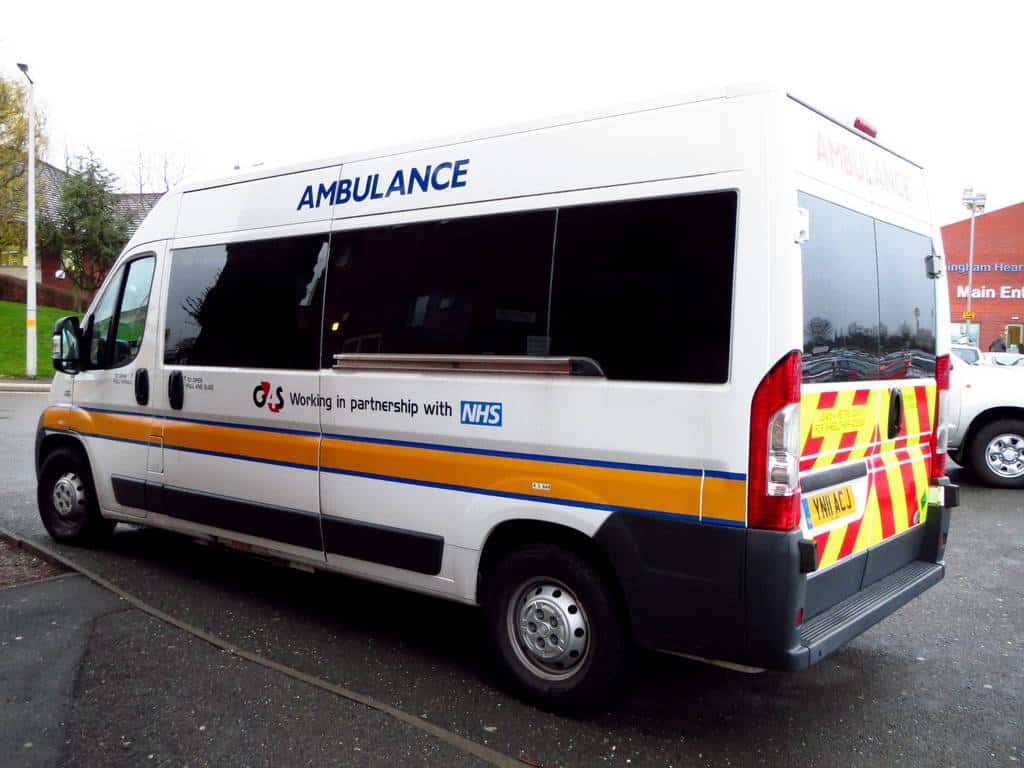REPORTS that G4S are to blame for not transporting the terminally ill to hospice care have been branded ‘misleading’ by a local NHS chief, as the row over the contractor’s performance intensifies.
The intervention in defence of G4S by Ian Ayres, Accountable Officer at West Kent Clinical Commissioning Group (CCG), follows a report by his own organisation lambasting the conduct of the transport service last month.
It also comes as the Chief Executive of Hospice in the Weald, Rob Woolley, states he has ‘no confidence’ in either G4S or the CCG itself.
Disclosure of the CCG’s highly negative report by the Times, alongside first-hand accounts of people let down by the service, led to both MP Greg Clark and Mr Woolley raising their own concerns regarding G4S.
Among them was a perceived failure to transport those with terminal illnesses to hospice appointments, which provide services such as physiotherapy and art therapy, because they do not count as ‘medical appointments’.
This led the Tunbridge Wells MP, who is also the Cabinet Minister for Business, to state: “I think most people would consider this to be an interpretation that combines a lack of compassion with bureaucratic pedantry.”
But Mr Woolley went further by extending the criticism to the CCG itself, stating the treatment provided by the Pembury-based hospice is rated ‘outstanding’ by health regulators but adding: “Part of that challenge is that G4S and the CCG do not view our Hospice Day Service (HDS) as ‘medical treatment’.
“We have asked the CCG End of Life Care Strategic Implementation Group (SIG) to have patient transport on their agenda but they have failed to do this.
“The NHS and its private sector contractors seem to have less and less understanding of what we do and less relevance to us. We have no confidence in the CCG and no confidence in G4S.”
However, according to Mr Ayers the comments in last week’s Times ‘give readers a misleading impression’and it is central government criteria which ties the hands of G4S over who it can transport and for what purpose.
He continues: “It is not up to G4S to decide which patients to transport. The Department of Health has clearly set out who is eligible for NHS-funded non-emergency patient transport services, and the circumstances under which this transport may be provided.
“The policy is that patient transport services are for patients needing to travel to or from, usually hospital-based, NHS care, who cannot use public or other transport due to their medical condition.
“We understand that it is frustrating and may seem unfair that patients who are nearing the end of their lives, and those close to them, are not eligible for patient transport when travelling to a hospice unless they are going there for an NHS appointment.
“But there are many and growing demands on the NHS and the national criteria are clear that NHS-funded patient transport services are for people travelling to NHS care.”








